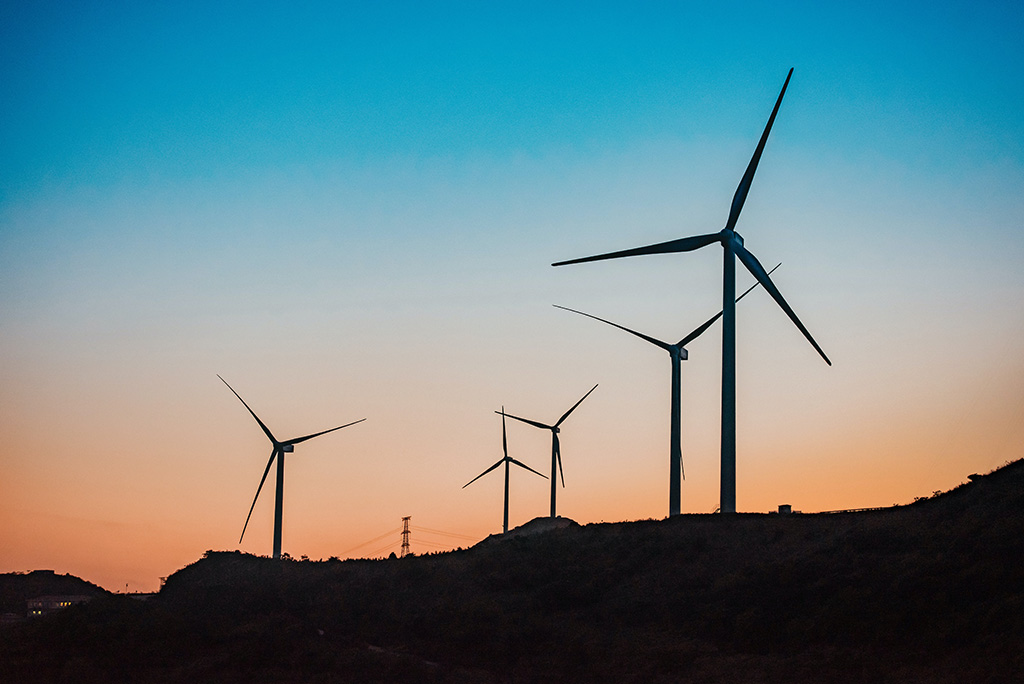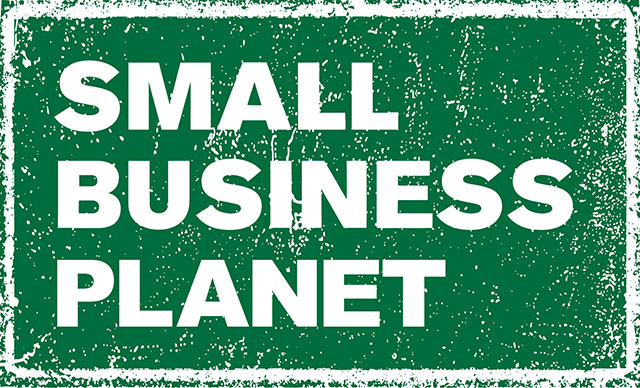With all of this talk of Net Zero, it's easy for it to become overwhelmed and feel like it's yet another chore to do.
With new terminology to learn, changes to your business to make and communicating it all with your customers, it's a bit of a challenge.
However, the reality is far more exciting. The transition to Net Zero offers a huge amount of opportunity to grow your business in a more sustainable way - and I'm not just talking environmentally.
You can absolutely build a better business which is more resilient to external shocks, attract more customers and increase profits while achieving Net Zero.
Let's run through some of the benefits to your business, and give you reasons to embrace the opportunity ahead of us, even if you're not too environmentally conscious.
Supplier Demands
Without getting too technical, large companies are under increasing legal and investor pressures to provide regular reporting on their carbon emissions. These are done through "Scopes" of which there are three.

Scopes 1 + 2 are the emissions you directly or indirectly control, such as transport and energy. Scope 3 is basically everything else, including all the emissions that are in your value chain, i.e. from your suppliers.
Scope 3 is a huge element of most businesses, and will be where the majority of your emissions sit. For example, 96% of Starbucks' emissions are in their value chain.
The opportunity is not in your scope 3 emissions themselves, but in understanding the "network". Your Scope 1 + 2 Emissions are someone else's Scope 3. Therefore a supplier looking to reduce their scope 3, will need to be working with suppliers who are reducing their footprint too.
This means your emissions will also be someone else's.
Nearly a third of large companies are now using carbon emissions in internal decision making. If you work with larger organisations as your customers, it won't be long before you start getting asked for emissions data and environmental policies to see what you're up to.
This will only increase as large companies need to start reporting on it from 2022, so if you regularly supply big companies, it may be time to get ahead of the game.
Especially when bidding for new contracts, including Net Zero roadmaps in pitches will put you ahead of the competition.
Tenders & Procurement
Building on this, both Government and Private sector Procurement contracts are starting to come through with carbon impact assessments as a required stage. While these are still rare and tend to be limited to Construction or Energy, it is a sign of things to come as Carbon Budgets start to make their way into decision making.
For example, in Scotland public bodies are now required to make annual reports on the impact their procurement has positively and negatively impacted towards climate change targets.
If you're going for investment, similar rules apply where banks and institutions will want to tick their CSR / ESG / Impact targets, and being clearly aligned with this removes one barrier to them saying yes.
Reducing your emissions down now will make you more attractive to bids as you demonstrate to be not only forward thinking, but it also ticks their boxes and makes their lives easier!
Carbon Taxes
Reducing your exposure to future taxation is always a smart move, and carbon emissions are no different. In the coming years we'll see carbon pricing come into play more and more.
From 2024 small businesses are required to report on their energy usage. From April 2022, plastic packaging is being taxed more heavily for virgin grade materials. These are small but significant indications of things to come.
In the most extreme example, in Sweden carbon emissions are taxed at $124 per tonne. Business emissions, even for a small company, can be a few hundred tonnes which quickly adds up as an additional cost to be thousands of extra spend per year.
These potential future risks can be managed now by reducing your footprint down.
Profitability
To achieve these reductions in carbon footprint, you will often need to reduce your consumption of things like energy, travel or materials consumed.
The good news is, all of these cost money, so reduction will save you cash as well as carbon!
Looking at alternative business models such as the Circular Economy where waste products become a resource is a fantastic way to reduce emissions, build a more resilient business and save money all at the same time. COVID-19 has highlighted the fragility of the international supply chain, which the circular model mitigates.
Equally alternative models such as the Sharing Economy, where assets are on-demand rather than just-in-case, can reduce tying up cash in under-utilised but expensive assets in your business. Car club memberships are the obvious example, where staff can hire from a fully managed fleet externally, rather than requiring in-house vehicles to be maintained.
Taking a simpler approach, the growth in LEDs hasn't been out of environmental concerns but cost savings, where the product is simply a better alternative. The upfront cost in replacing them is paid back relatively quickly due to cost savings on energy bills.
Taking your business to Net Zero will therefore at worst reduce your costs down from consumption, and at best may open you up to new revenue streams from innovative new ideas and ways of running your business.
Reputational
The most obvious benefit of going "Green" is to have a great story to tell. Consumers are becoming more aware and demanding transparency on a company's actions before making a purchase decision.
Equally, companies who are not doing anything may start to be called out for Greenwashing (or greenhushing!) and inaction, which can damage reputations easily.
As a small business, you're able to naturally be more genuine than most, which makes it easier to be honest with customers about what you are doing, struggling with or unable to tackle. More on this another time.
Conclusion
Those who adapt more quickly to Net Zero will be the ones who are able to succeed in the long term.
They will attract more customers, more investment and build a more resilient business that can withstand external shocks like supply chain disruption much more readily.
Don't go Net Zero for the planet - go Net Zero for your business!
Visit WebsitePublished: 08 July 2021
